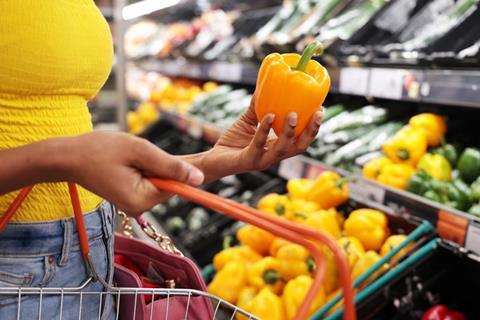

While food redistribution solutions have been adopted by many convenience retailers, there is still much work to be done to reduce food waste and plastic consumption, according to The Waste and Resources Action Programme, which operates as WRAP.
“Without fail, businesses underestimate the amount of food waste they have - people don’t tend to see it,” said Jen Emerton, head of account management at WRAP, speaking at the Association of Convenience Stores’ Heart of The Community Conference yesterday. “Monitor what type of waste it is and what the causes of the food waste are,” she advised, encouraging retailers to follow the Food Reduction Road Map guidelines. “Businesses doing this have seen a 17% reduction in food waste,” she said.
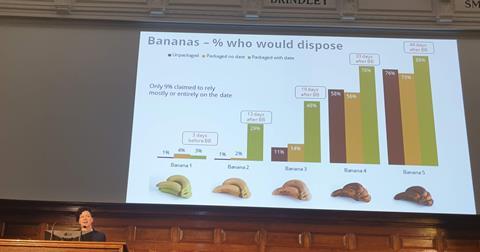
She explained how using less packaging could also impact domestic food waste. “The pathway is about convening retailers and parts of the supply chain to understand which products could have their packaging removed that makes no difference to sales, but could have a big difference to food waste and how they are stored at home,” she said. For example, she highlighted research which showed that 48% of consumers would dispose of a packaged banana 19 days after its best before date, while just 11% would dispose of an unpackaged banana of the same age.
As part of its activity on the sustainability agenda and the challenges facing local shops, ACS is signing up as a supporter of WRAP’s UK Plastics Pact, joining other leading business groups in affirming our commitment to making the convenience sector more sustainable. The Plastics Pact has four main objectives:
-
Eliminate problematic or unnecessary single-use packaging through redesign, innovation or alternative (reuse) delivery model
-
100% of plastics packaging to be reusable, recyclable or compostable
-
70% of plastics packaging effectively recycled or composted
-
30% average recycled content across all plastic packaging
Lowman said: “We are committed to working with WRAP and other environmental groups on finding ways to make the products that our members sell more recyclable. The convenience sector is currently facing huge challenges through a range of different policy interventions across the UK, including bans on some single use plastics, the introduction of differing deposit return schemes in different countries, and the expansion of the extended producer responsibility scheme – it is important that we introduce measures that will be maximally effective without imposing unnecessary costs and burdens on retailers.”








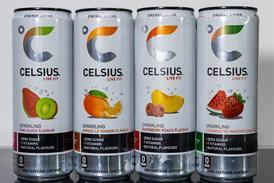










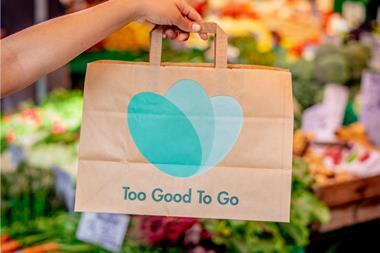


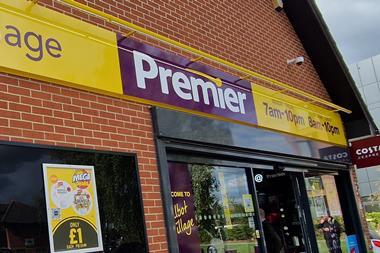
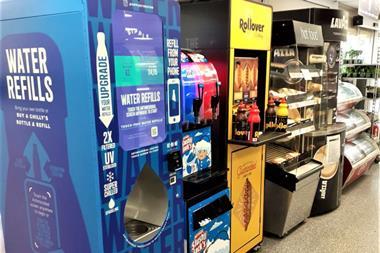







No comments yet